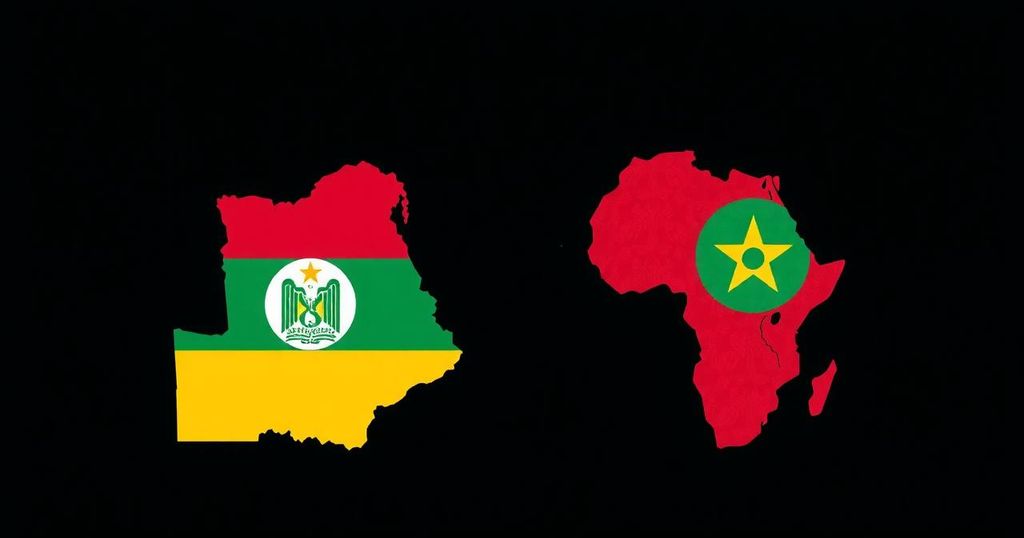Egypt’s Military Involvement in Somalia: A Strategic Move Against Ethiopia’s Dominance
The recent visit of President Hassan Sheikh Mohamud of Somalia to Egypt has opened a new and complex chapter in the already strained relationship between Egypt and Ethiopia. During his visit, President Mohamud presented Egyptian officials with a comprehensive dossier outlining the threats posed by Ethiopia and the militant group Al Shabab to Somalia. Within this document, he detailed the essential resources required by his security forces to enhance their counter-terrorism capabilities. The Somali leader expressed dissatisfaction with the performance of Ethiopian troops stationed in Somalia as part of an African Union peacekeeping effort, ultimately seeking Egypt’s assistance in addressing these threats.
Frustrated by ongoing disputes with Ethiopia concerning its vital share of the Nile waters, Egyptian President Abdel Fattah El Sisi viewed the situation as an opportunity to exert pressure on Ethiopia. This culminated in a military cooperation agreement signed on August 14, shortly before Egypt dispatched arms, military hardware, and elite troops to Mogadishu via C-130 transport planes. Analysts speculate that the strategic positioning of Egyptian forces in Somalia may compel Ethiopia to engage in negotiations for a legally binding agreement regarding the operation of the Grand Ethiopian Renaissance Dam (GERD), which Egypt perceives as a significant threat to its water security.
Mustafa Al Fiqy, a retired Egyptian diplomat, emphasized the need for Egypt to assert its historical rights to Nile waters and to demonstrate strategic options to Ethiopia rather than allowing complacency to thrive. The relationship between Somalia and Ethiopia is further complicated by territorial disputes, particularly over an agreement Ethiopia has reached with Somaliland regarding the leasing of coastal land, which Somalia views as a violation of its sovereignty.
Egypt, in its efforts to solidify its influence in the Horn of Africa, has announced intentions to seek participation in a new African Union-led peacekeeping mission in Somalia. However, there remain uncertainties as to whether the currently deployed Egyptian troops will form the backbone of this contingent. The deployment of Egyptian forces alongside Ethiopian troops has raised concerns about the potential for conflict, even as military analysts assert that the objective is to bolster Somali military capabilities rather than to engage in hostilities.
Ethiopia, on its part, has reacted strongly, cautioning that external interventions could create further instability in the volatile Horn of Africa. Egypt has voiced its grievances regarding Ethiopia’s unilateral decisions concerning the GERD, indicating a breakdown of negotiations that have persisted for over a decade. This deteriorating dynamic is further exacerbated by the ongoing humanitarian crises in neighboring Sudan, which has experienced civil unrest, resulting in significant displacement.
In conclusion, the relationship between Egypt and Ethiopia remains precarious, particularly as Egypt aligns itself more closely with Somalia amid growing tensions. The strategic implications of this partnership may influence not only bilateral relations but also the broader security landscape of the Horn of Africa and East Africa region. With Egypt’s military involvement in Somalia intensifying, all parties remain vigilant, conscious that any misstep could lead to escalated conflict in an already destabilized region.








Post Comment